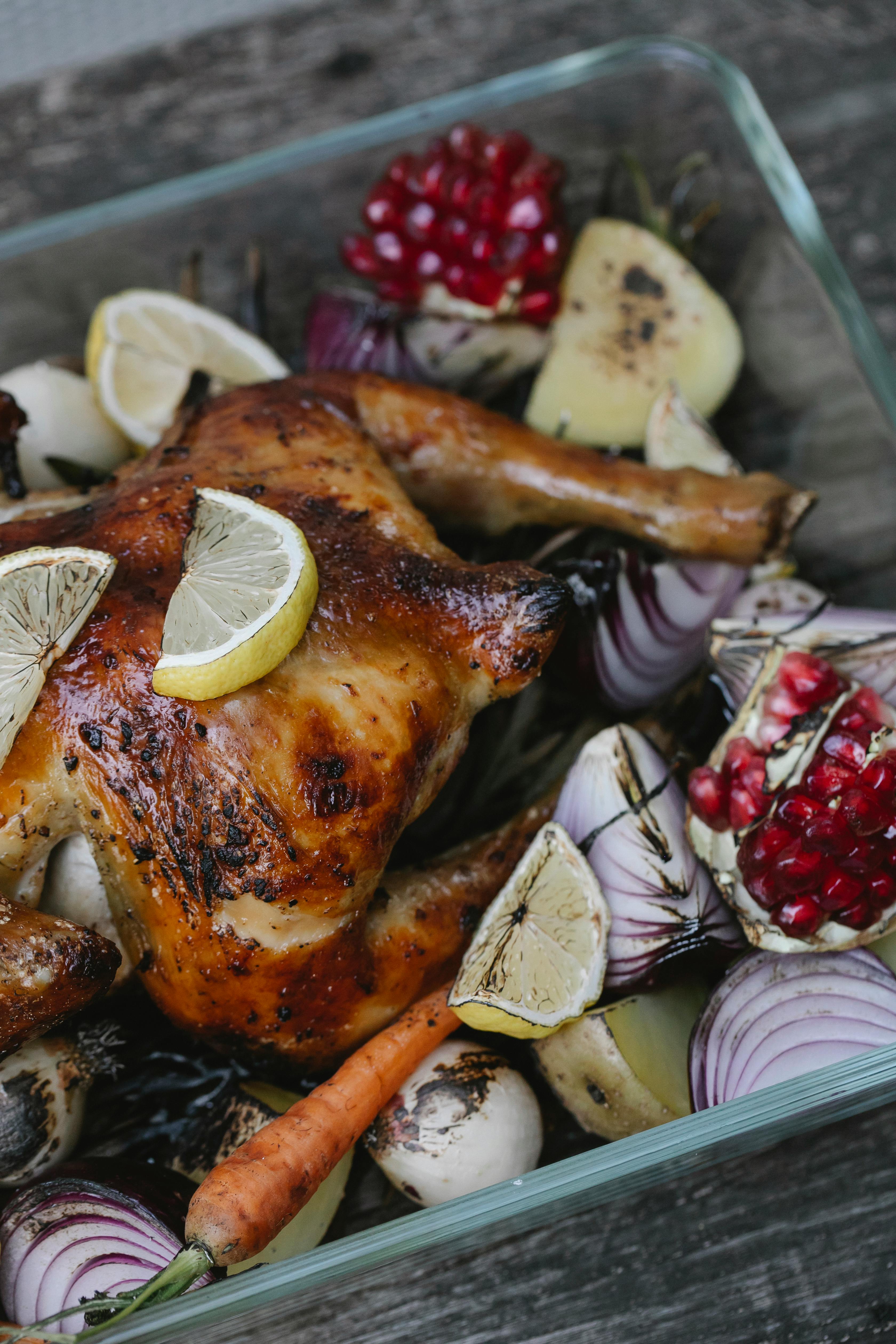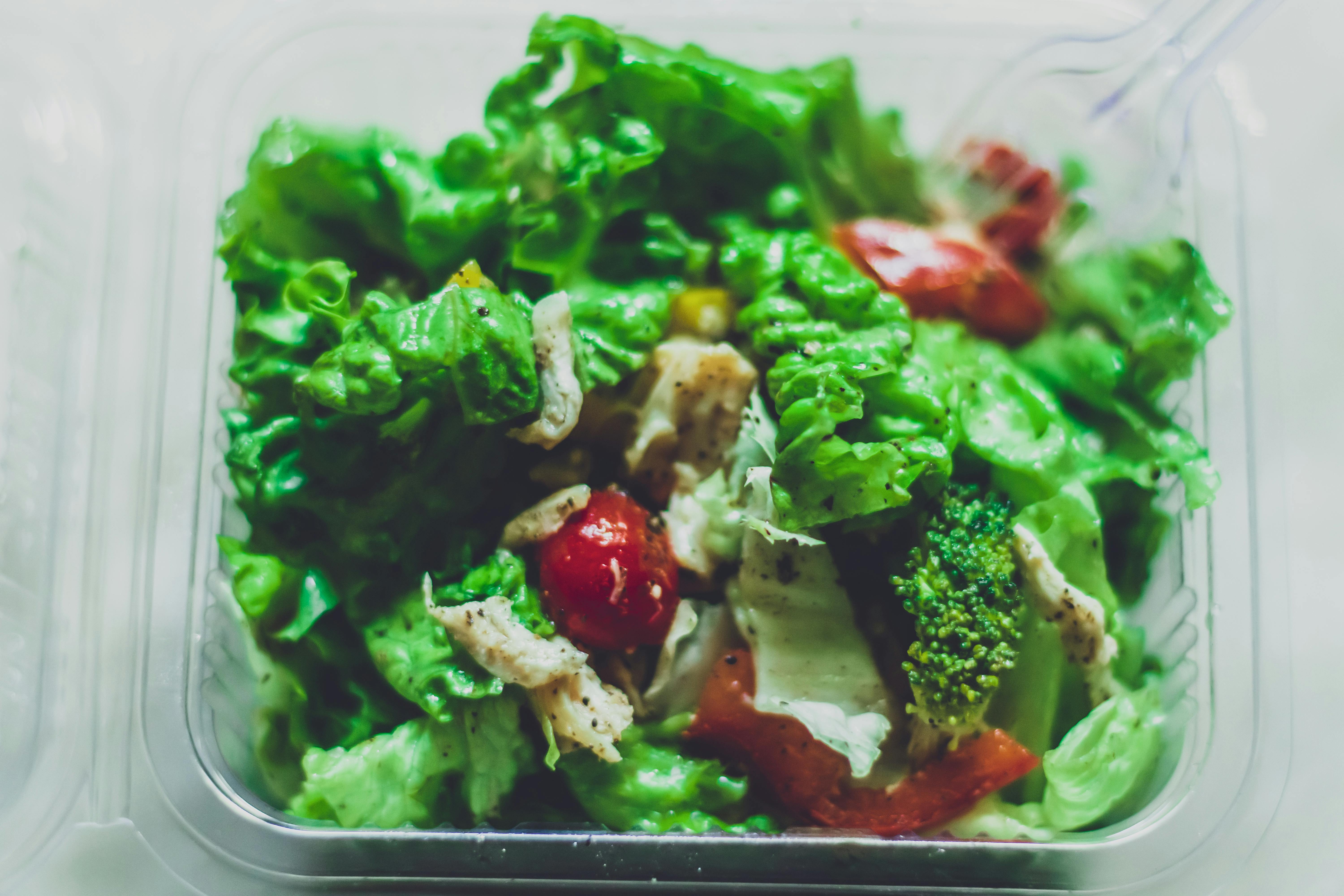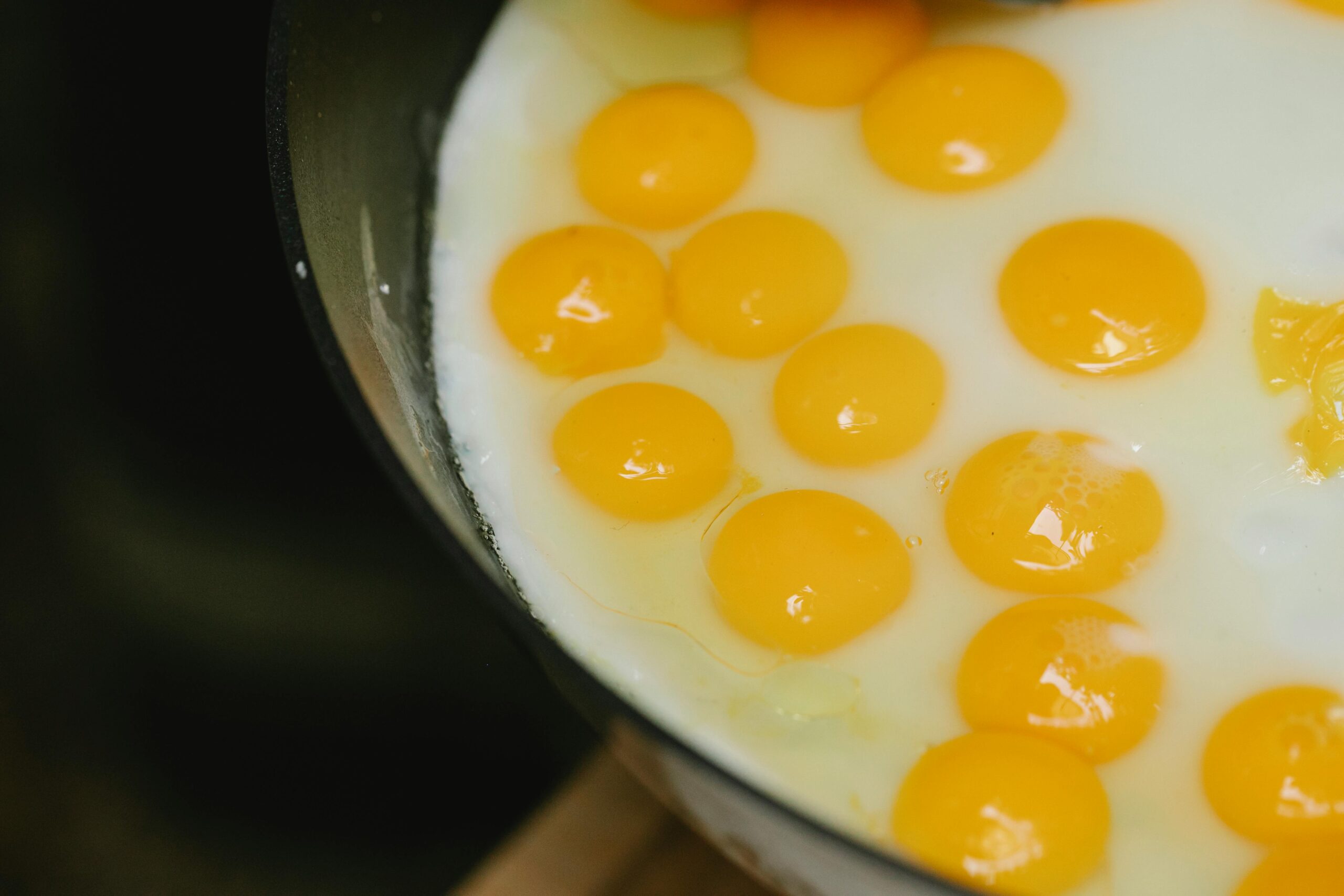Top 5 Strategies to Achieve a Kalorienüberschuss for Effective Muscle Gain in 2025
Achieving a Kalorienüberschuss, or calorie surplus, is essential for anyone aiming to gain muscle mass effectively. It involves consuming more calories than your body burns, creating an energy surplus that is crucial for muscle growth and recovery. In today’s fast-paced world, understanding how to properly structure your diet and make informed food choices is more pivotal than ever. This guide will provide you with the top five strategies to maximize your calorie intake while focusing on healthy eating habits, ensuring not just muscle gain but overall metabolic health.
In this article, we’ll explore the importance of nutrition tailored for muscle building, effective meal planning techniques, and practical advice on selecting calorie-dense foods. By understanding these critical elements, you’ll be well-equipped to make dietary changes that align with your fitness goals. Below, you’ll find insights into macronutrient distribution, meal timing, and the significance of choosing quality food sources. Let’s dive into the best methods to achieve a lasting Kalorienüberschuss!

Essential Nutrition Strategies for Weight Gain
Building upon the foundational knowledge of calorie surplus, let’s discuss the key nutritional strategies for effective weight gain. Understanding the concept of Ernährung plays a central role in supporting your muscle-building journey. By focusing on nutrient-dense foods, you can ensure that every calorie consumed is a step closer to achieving your fitness goals.
Prioritize Protein Intake
Adequate protein intake is crucial for muscle repair and growth. Aim for a daily protein intake of 1.6 to 2.2 grams per kilogram of body weight. Incorporate proteinreiche Lebensmittel such as lean meats, dairy, legumes, and plant-based sources like tofu and tempeh. Not only does protein support muscle recovery, but it also aids in maintaining metabolic health, which is essential for sustaining a Kalorienüberschuss.
For optimal results, distribute your protein intake evenly across meals to maximize muscle protein synthesis. Including high-quality protein sources in every meal can enhance satiety and lead to better adherence to your meal plan.
Incorporate Healthy Fats
Gesunde Fette are not only calorie-dense but also provide essential fatty acids critical for hormonal balance and overall health. Foods like avocados, nuts, seeds, and olive oil are excellent sources of healthy fats. Aim to include these in your daily diet to boost your overall caloric intake without the need for excessive portion sizes. Additionally, these fats can improve flavor and satisfaction in your meals, encouraging regular consumption.
Smart Carbohydrate Choices
Kohlenhydrate are vital for fueling your workouts and helping to replenish glycogen stores after exercise. Opt for complex carbohydrates like whole grains, fruits, and vegetables, as they provide sustained energy levels. Avoid simple sugars and empty calories that do not contribute to your overall nutrient intake. Pairing carbs with protein post-workout can also enhance recovery and muscle growth.
Meal Timing and Frequency
Strategically planning your meals and snacks throughout the day can help maintain energy levels and ensure a constant influx of calories. Eating more frequently can naturally increase your total daily caloric intake. Focus on preparing energiehaltige Snacks like trail mix or protein bars to maintain energy and satisfy hunger between meals. This approach aids in creating a balanced nutritional intake, preventing hunger that can lead to overeating unhealthy foods later.
Quality Over Quantity in Food Choices
When increasing your caloric intake, it’s crucial to prioritize food quality. Choose Lebensmittelgruppen that are rich in nutrients rather than just calories. Foods that are high in fiber, vitamins, and minerals support overall health and can help manage weight gain effectively. Make informed choices about your food selections to ensure that you’re not just consuming empty calories.
Effective Meal Planning Techniques
With the nutritional foundations set, let’s move on to effective meal planning techniques that ensure your daily caloric intake stays on track. Planning your meals is an integral part of creating a successful diet for muscle gain, especially when aiming for a steady Kalorienüberschuss.
Create a Structured Meal Plan
A well-structured meal plan helps you visualize your daily caloric intake and ensures you meet your macronutrient goals. Utilize a Kalorienrechner to track your intake objectively. Setting specific calorie goals for each meal can standardize your nutrition throughout the day. Incorporate a variety of food options to keep meals exciting while still adhering to your dietary needs.
Implement Meal Prepping
Meal prepping is a practical solution for those facing busy schedules. By preparing meals in advance, you can ensure easy access to healthy, calorie-dense meals and snacks. This tactic not only saves time but also allows for better control over portion sizes and ingredients. For delicious meal prep ideas, explore their recipes on this resource.
Monitor Portion Sizes
While increasing caloric intake, it’s essential to pay attention to portion sizes, especially in calorie-dense foods. Using tools such as a Kalorienzähler or Essensprotokoll can help you better manage your portions and keep track of your intake. Ensure you’re consuming enough calories without drastically increasing the volume of food, which can lead to discomfort.
Utilize Recipe Adjustments
When cooking, consider adjusting traditional recipes to boost their caloric density. For example, add nut butter to smoothies, incorporate additional oils in cooking, or choose full-fat dairy products. Modifying your favorite meals can easily contribute to a higher caloric intake without sacrificing the enjoyment of food.
Explore Healthy Snack Ideas
Incorporating gesunde Snacks between meals can significantly enhance your daily calorie intake. Prepare snacks in advance that include a balance of macronutrients—for instance, nut-based energy balls or Greek yogurt with fruit and granola. Maintaining a delicious snack routine can encourage consistent eating throughout the day.

Choosing the Right Calorie-Dense Foods
As you work towards your muscle-building goals, making informed food choices is fundamental. Let’s examine which kalorienreiche Lebensmittel can help you easily exceed your daily caloric needs while supporting muscle growth.
Incorporating Nuts and Seeds
Nuts and seeds are exceptional additions to any diet aimed at achieving a Kalorienüberschuss. They are not only high in calories but also rich in healthy fats and protein. Snack on almonds, walnuts, chia seeds, or add them to smoothies and oatmeal. These small changes can significantly elevate your daily caloric intake without overwhelming your meal portions.
Focusing on Whole Grains
Whole grains like brown rice, quinoa, and oats provide substantial carbohydrates and are nutrient-rich. These foods release energy slowly, making them ideal for prolonged satiety and energy levels. Enhance your meals by incorporating these grains as a base for your dishes or in your salads. Explore creative gesunde Rezeptideen that utilize whole grains effectively.
Utilizing Dairy and Dairy Alternatives
Dairy products, such as whole milk, yogurt, and cheese, are rich in calories and essential nutrients. For those who are lactose intolerant, fortified dairy alternatives like almond or oat milk can provide similar benefits. Use these products to add creaminess and flavor to your meals while packing in extra calories.
Exploring Plant-Based Proteins
For those following a plant-based diet, it’s essential to find sources of protein that also offer a higher calorie content. Foods such as lentils, chickpeas, and tempeh can be incorporated into various dishes, providing both nourishment and calories. Learning about pflanzliche Fette can also benefit your overall energy intake.
Taking Advantage of Energy-Dense Snacks
Energy-dense snacks like protein bars, smoothies made with nut butter, and trail mixes can offer quick hydration and replenishment post-workout. These snacks are perfect for busy lifestyles, ensuring you never miss the opportunity to fulfill your caloric needs. Be mindful of choosing snacks that are high in quality ingredients and avoid those with added sugars or unhealthy fats.
Conclusion: Sustainable Strategies for Muscle Gain
In summary, building muscle effectively through a Kalorienüberschuss involves a multifaceted approach centered on nutrition, meal planning, and appropriate food choices. By prioritizing protein intake, incorporating healthy fats, and selecting energy-dense foods, you lay a solid foundation for sustainable muscle growth in 2025.
Remember, the journey to proper nutrition is about consistency and balance. Each strategy outlined will help fortify your diet, enhance your performance, and support your muscle-building desires. For further reading and excellent resources on diet planning and muscle gain strategies, visit this page.
